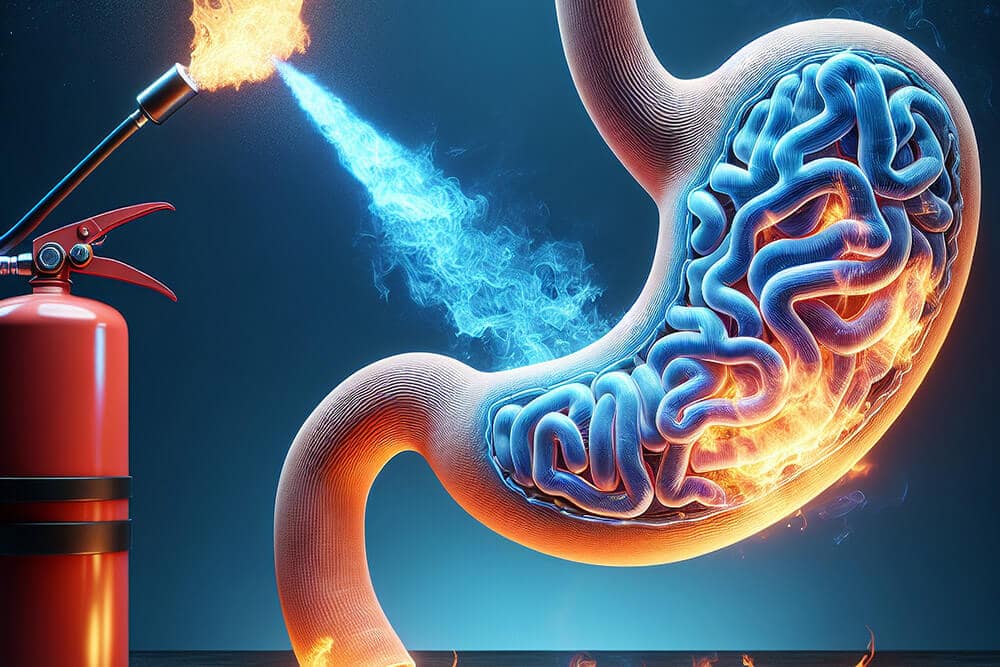Expert Treatment for Tubular Adenomas by Dr. Bharat Pothuri
Dr. Pothuri uses a step-by-step approach:
Medical History and Exam
He reviews your personal and family history of colon polyps or cancer, dietary habits, lifestyle factors and any gastrointestinal symptoms.
Colonoscopy
A thin, flexible scope equipped with a camera examines the entire colon and rectum for polyps in real time.
Polyp Detection & Removal
Any suspicious growths are gently snared and removed during the same procedure (polypectomy).
CT Colonography (Virtual Colonoscopy)
In select cases, a noninvasive 3D scan of the colon is performed to detect flat or hard-to-see polyps.
Pathology Review
All removed tissue is sent to a laboratory to confirm the presence of tubular adenomas and assess for dysplasia.
Frequently Asked Questions
What causes tubular adenomas?
tubular adenomas form when cells in the colon lining grow too quickly. Risk factors include age over 50, family history of polyps or colon cancer, inflammatory bowel disease, high red/processed meat intake, low fiber diet, smoking, heavy alcohol use, obesity, and lack of exercise.
Are tubular adenomas dangerous?
While most tubular adenomas are benign at first, they can slowly develop dysplasia and turn into colorectal cancer if not removed early.
How are tubular adenomas detected?
They're most often found and removed during a screening colonoscopy. In some cases, Dr. Pothuri may also use CT colonography to get a 3D look at your colon.
What treatment is required for tubular adenomas?
Polyp removal-either simple polypectomy or endoscopic mucosal resection-is the main treatment. Dietary changes, exercise, and sometimes medications like aspirin or fiber supplements help prevent new polyps.
How often should I repeat a colonoscopy after polyp removal?
Follow-up intervals typically range from every 3 to 5 years, depending on the number, size, and pathology of your removed polyps.
Can lifestyle changes prevent new polyps?
A high-fiber, low-red meat diet, regular exercise, quitting smoking, and moderating alcohol intake can lower your risk, though they don't guarantee prevention. Dr. Pothuri will tailor a plan to your needs.












